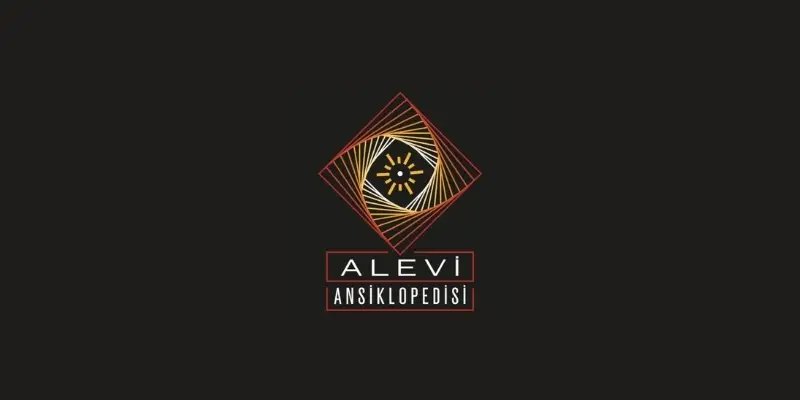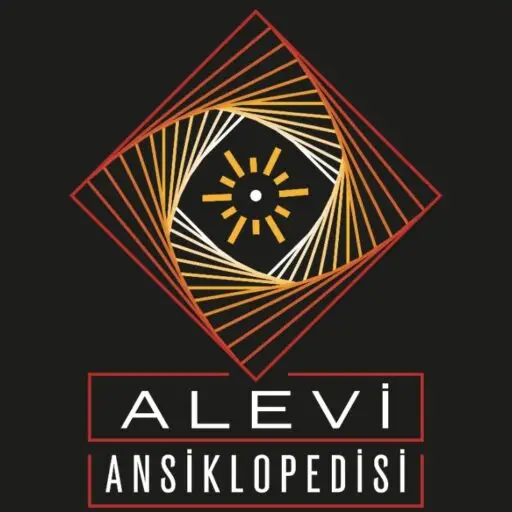Alevi Encyclopedia at the II Biannual Alevi Studies Conference 2–4 July 2025 | Westminster University, London
A special session was dedicated to the Alevi Encyclopedia, represented by Dr. Hayal Hanoğlu and Ozan from Rıza Şehri Akademisi, highlighting its aims, editorial principles, and evolving role as a digital knowledge platform.
Opening and Institutional Support
The symposium opened with a keynote by Dr. Ümit Çetin, who commemorated the victims of the Sivas massacre and drew attention to the continuing violence against Arab Alevis in Syria. Westminster University’s Vice-Chancellor, Prof. Peter Bonfield, underlined the academic importance of Alevi Studies and described the Alevi Encyclopedia as a valuable digital platform for knowledge production and dissemination. University leadership reaffirmed their commitment to supporting Alevi research under the principles of equality, diversity, and inclusion.
Scope of the Presentations
Panels covered a wide range of topics including historical injustices and collective memory, Alevi beliefs and rituals, secularism and state–religion relations, gender and women’s leadership, queer politics, diaspora experiences and youth, Alevism in digital platforms, manuscripts and oral histories, as well as socio-political transformations in Turkey and Europe. This interdisciplinary program offered space for both emerging and established scholars to share theoretical and empirical work.
Alevi Encyclopedia Special Session
One of the highlights of the symposium was the dedicated session on the Alevi Encyclopedia. The opening presentation introduced the project’s origins, aims, and objectives, emphasizing its commitment to documenting Alevism’s historical, theological, folkloric, sociological, and cultural dimensions through Alevi concepts and in Alevi languages. Participants learned that the Encyclopedia is designed not only as a repository of knowledge but as a multilingual digital archive of living memory for future generations.
On the final day, the workshop “The Alevi Encyclopedia Project and the Future of Alevi Studies” offered a forward-looking forum with broad participation. Discussions included:
* Editorial Processes: article submission, peer review, editorial evaluations, and the dynamic digital nature of entries that can be continuously updated, unlike traditional print encyclopedias.
* Contributions and Author Registration: not limited to academics, but also open to Alevi intellectuals, faith leaders, and researchers; contributors can register online and upload entries, which are reviewed according to scholarly standards and can later be revised.
* Thematic Gaps and Entry Proposals: identifying underrepresented areas such as local rituals, concept glossaries, diaspora experiences, and oral history materials, with participants offering new entry ideas and collaboration strategies.
* Transnational Collaborations: bridging Turkey and the European diaspora, with planned multilingual editions in German, French, Kurmancî, and Kırmanckî, positioning the Encyclopedia as a globally accessible resource.
* Academic Visibility and Citations: ensuring entries are published with DOI numbers, integrated into academic citation systems, and recognized as reliable references for research.
This session reinforced the Encyclopedia’s role as a multidisciplinary and participatory academic initiative, while also highlighting its significance for younger scholars in terms of visibility, collaboration, and co-production. Participants stressed that the project represents a historic effort to legitimize Alevi knowledge in academia and to strengthen the community’s own tools of knowledge production.
Expanding Cooperation
The symposium marked the beginning of a long-term academic partnership between the Alevi Encyclopedia and Westminster University. This collaboration reflects a shared commitment to advancing inclusive, rigorous, and community-engaged Alevi Studies, while also anchoring the field more firmly within international academic networks.
Over three days of vibrant debates, intellectual contributions, and collective spirit, the conference demonstrated once again the vitality and growth potential of Alevi Studies. With the participation of the Alevi Encyclopedia, the II Biannual Conference became a landmark gathering that opened new paths for both academic research and community-based collaboration.


